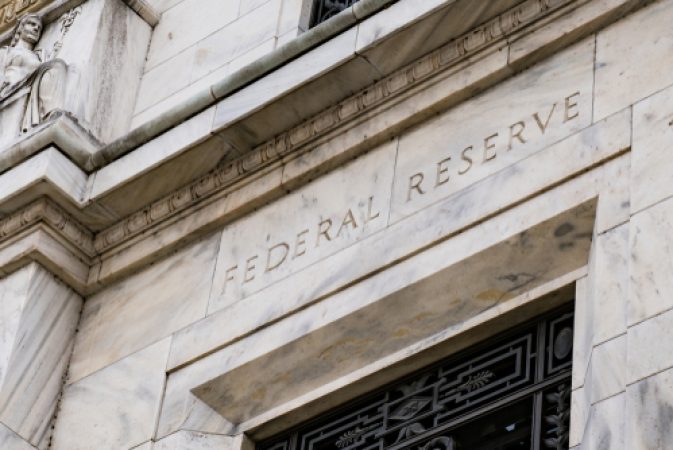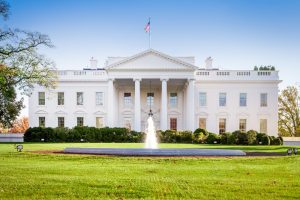How Banks Are Trying to Hurt Small Business in a Time of Crisis

It is important to safeguard small businesses from being taken advantage of by the big banks who are refusing to pay out congressionally mandated agent fees.
By all measures, the CARES Act and its Paycheck Protection Program (“PPP”) have been great successes. Both chambers of Congress and President Trump came together in a bipartisan effort to quickly enact the PPP, providing American small businesses with immediate access to $659 billion in federally funded loans. The PPP helped millions of small business owners keep employees on the payroll when they may have otherwise folded in the midst of the pandemic. The PPP is real relief allowing full forgiveness of the loan if used for payroll, employee benefits, rent or utilities. In fact, due to its success, the PPP has been extended, allowing more small businesses to receive help in their time of need.
Although banks were vital to the success of the program, one of the primary reasons the PPP program was able to get money in the hands of small businesses so rapidly was the agents involved in the process. These PPP agents are also small business owners—accountants, CPAs and bookkeepers—and they worked tirelessly to assist borrowers in getting access to PPP funds. Most of the PPP agents are small businesses themselves, with annual revenues of under $300,000—and approximately 45 percent of them are minority- or women-owned businesses.
The big banks were paid handsomely for their participation in the PPP. The federal government set aside an unprecedented lender “processing fee” as high as five percent of the loan amount. Agents were also to receive payments out of those monies. The regulations state that the PPP agents “will be paid by the lender out of the fees the lender receives from the SBA.” In fact, the regulations are clear that “agents may not collect fees from the borrower or be paid out of the PPP loan proceeds.”
To accomplish their goal, banks are lobbying Congress, the SBA and the Treasury Department to change the law retroactively. The banks want the language changed from the agents “will be paid” to “could be paid.” Changing this one word will allow the banks to keep an estimated $4.5 billion in taxpayer money earmarked for the PPP agents. The banks are also creating roadblocks for the PPP agents, claiming they have veto power to disapprove the borrowers’ ability to use PPP agents, deciding which individuals can be a PPP agent (leading to potential discrimination against women and minorities), and requiring the use of inapplicable forms, extensive documentation and draconian written agreements. The PPP regulations do not allow this.
It is imperative that the Treasury Department issue the necessary guidance ensuring that the banks pay the PPP agents the fees they rightfully earned. The banks should not be allowed to have after-the-fact veto power over the borrower’s choice of PPP agent, or to force PPP agents to use ill-fitting forms and agreements as a roadblock to payment. If a borrower used an agent, then the banks need to pay that PPP agent his or her fees, as the regulations mandate.





